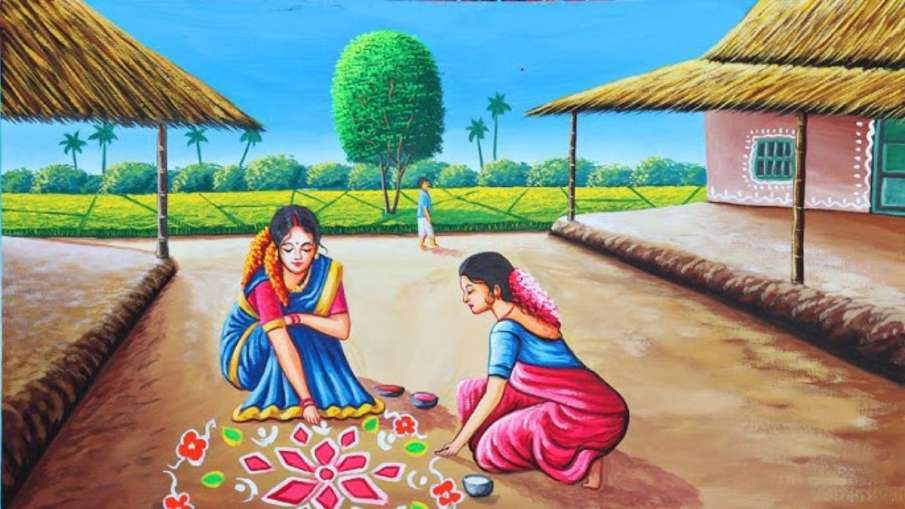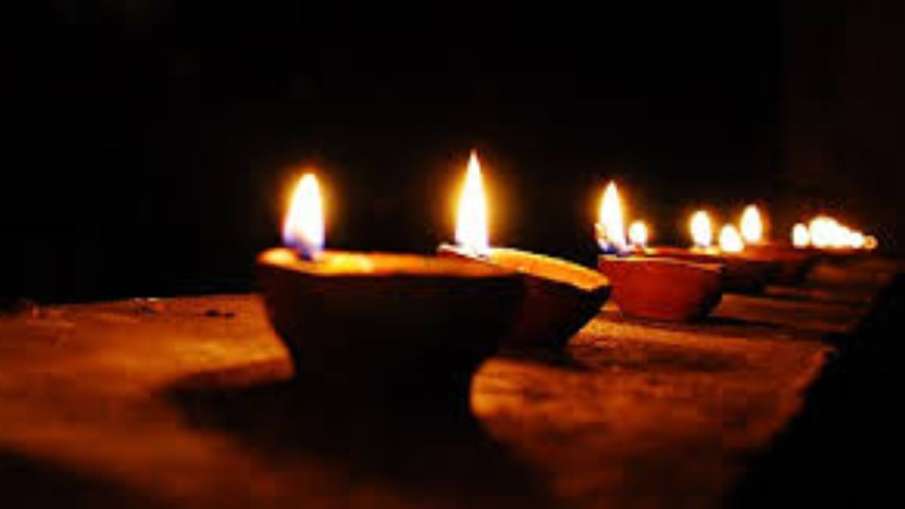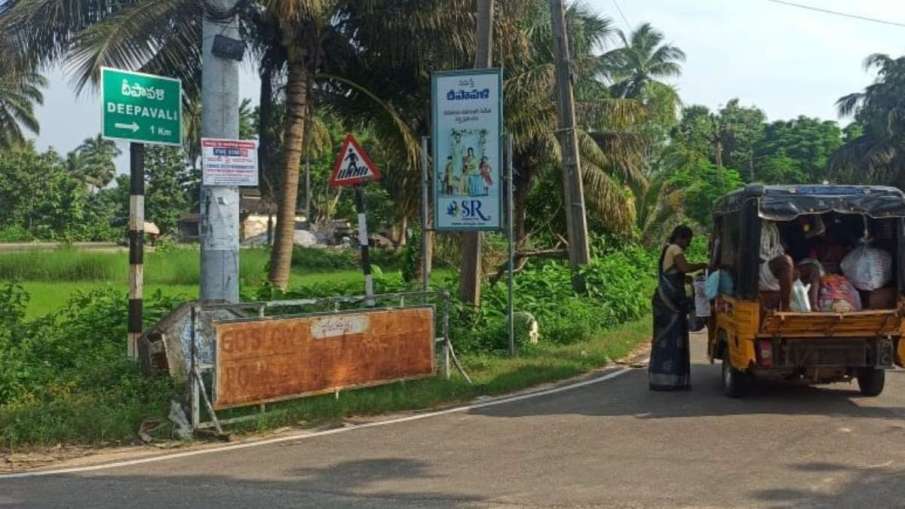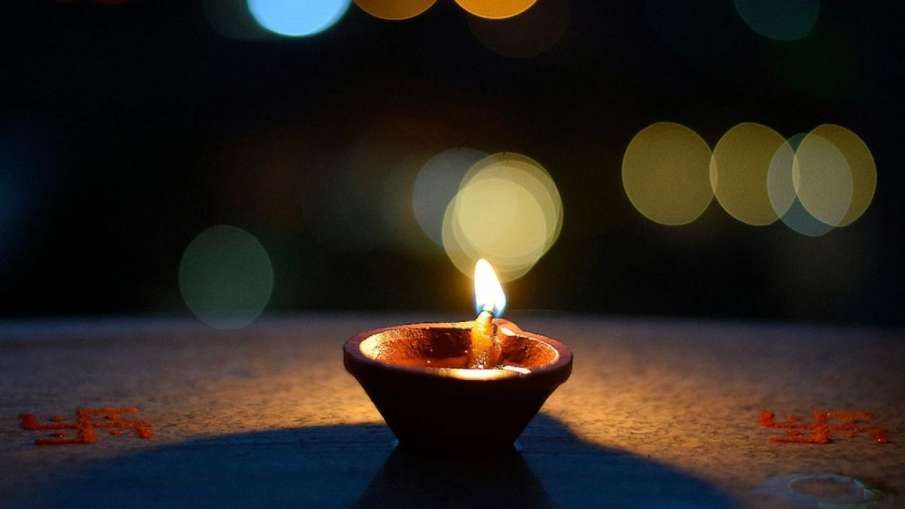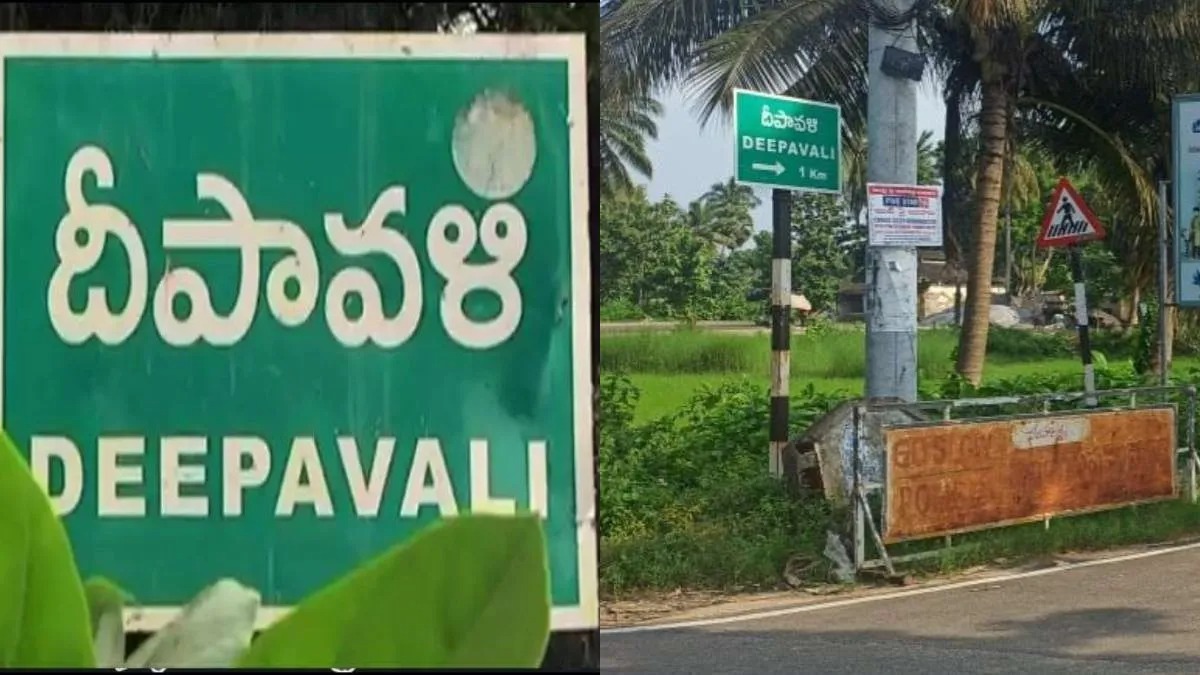

Till now we used to understand Diwali to mean only a festival. But you will be surprised to know that there is a village in our country named Deepawali. Which is located in Gara Mandal of Srikakulam district of Andhra Pradesh. With its rich history and vibrant culture, this village celebrates the festival of Diwali for five days. The people here celebrate this festival only after worshiping their ancestors. There is an interesting story behind this tradition of the village. There is also a story behind why this village was named Deepawali.
A historical story related to the village
Centuries ago, the Srikakulam region was ruled by a mighty king who was known for his religiosity and devotion. The king would often visit the nearby revered Sri Kurmanadha Temple. One day, while returning from the temple, the king suddenly fainted at night time and fell on the road. The villagers rushed to his aid illuminated the area with oil lamps and offered him water. When the king regained consciousness, he was deeply moved by the kindness of the villagers and their gesture of light amidst the darkness. When the king asked those villagers the name of the village, he came to know that this village had no name at all. In gratitude and recognition of the villagers’ compassion, the king announced and said – “You served me in the light of lamps; from today, this village will be called Deepavali.” Thus, the village got its name Deepavali.
Diwali is celebrated only after the blessings of ancestors.
Currently, around 1,000 people live in this village. They have a special celebration on the day of Diwali. Their Diwali festival lasts for five days and includes rituals that honor both God and ancestors. Villagers wake up early in the morning on these auspicious days and participate in household pujas and Pitra Karma. These rituals are performed to seek blessings from their ancestors.
People of a particular community worship their ancestors.
The people who do this belong to a special community and the name of this community is the Sondi community. They are an integral part of the village. People of this community wear new clothes to participate in their own Pitru Puja, which symbolizes new beginnings and respect for the spirits of ancestors. As the sun rises, the village turns into a mosaic of colors and lights, with diyas twinkling in every house, creating an atmosphere of warmth and happiness.
The people of the village perform special rituals.
The rituals performed during Diwali reflect the spirit of togetherness found in many Indian festivals. Similar to the traditions observed during Makar Sankranti, the village hosts a grand welcome for the son-in-law, which includes special rituals and feasts. Families come together to share food, exchange sweets, and have fun, thereby strengthening bonds and increasing the sense of unity. As the evening falls, the village is lit up with countless diyas that illuminate the entire night sky. Villagers gather to share their stories, sing traditional songs, and participate in cultural performances, creating a charming atmosphere that attracts both residents and visiting guests.
symbol of heritage
Diwali Village is a testament to the beauty of cultural heritage and community spirit. Its unique way of celebrating Diwali not only honors the significance of the festival but also reflects the deeper values of respect for ancestors and the joy of communal harmony. In this small village, the festival of lights shines brighter than ever, reminding all who visit of the enduring power of kindness, gratitude, and traditions.
Read More: Holi, Bhang, and the High Court CJI Suryakant’s Viral Remark on Post-Festival Recovery

 Share
Share